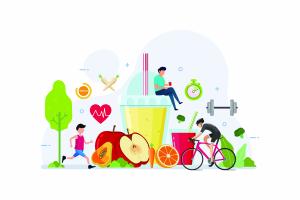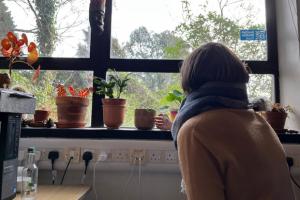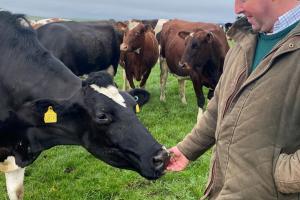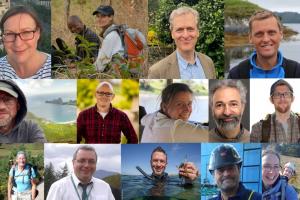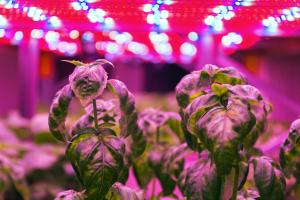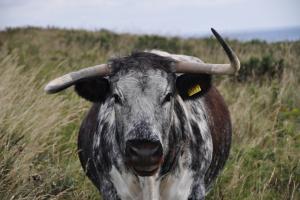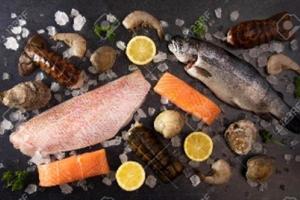Displaying 71 - 80 of 189
The imbalance in the way climate change is affecting women has risen to the surface over the last few years and it is a topic I have recently become more aware of too. This much needed attention is shining a spotlight on our decision-making, policies, research and how it could impact our future.
The Edinburgh Conservation Film Festival was founded last year with the aim of raising awareness of the multitude of amazing biodiversity conservation efforts that are taking place around the world, as well as providing a platform to highlight themes relevant for biodiversity conservation. More than anything, we want the festival to convey positive messages of what we can achieve for the benefit of biodiversity conservation and the health and wellbeing of our societies.
The health behaviour of people living in Scotland, in terms of the types of food bought, the amount of alcohol consumed and the amount of physical activity done, is subject to many influences, and the COVID-19 pandemic may have influenced these behaviours, both in the short and the long term.
In this blog, find out about SEFARI research that is investigating what impact the pandemic might have had on our dietary behaviour and the how this could affect our health and well-being, now and in the future.
Delivering a sustainable food system is one of the key challenges of our generation and requires ambition to think beyond traditional production models. There is already no doubt we will need to produce our food in a more efficient and environmentally friendly way and my PhD project at the Rowett Institute (University of Aberdeen) is investigating the potential to scale-up production of climate resilient Scottish wild species in three novel agri-systems: forestry, vertical soil-based urban farming and pasture.
Fineview, a dairy farm managed by the Clark family in Dumfries and Galloway, is part of the innovative First Milk dairy cooperative which aims to deliver healthy fresh milk on sound environmental principles. Why not take a virtual tour and hear how delivering quality milk products needs a nurtured healthy soil, the encouragement of biodiversity, healthy cows and a sustainable farm enterprise.
Alexandra Davey introduces a project highlighting the scientists working to combat the biodiversity crisis in Scotland and around the world – from early-career researchers right through to senior scientists. The project gives fascinating insights into their diverse and impactful research, as well as their motivations and inspirations.
During COP26 the contribution of agriculture and food production to greenhouse gas emissions was discussed and, goals were set to tackle the global challenges of climate change. With COP27 taking place this November, it is becoming increasingly evident and more important than ever that we address sustainable practices on an individual and community level, as well as at the global level.
We are pleased to have a guest contribution from Dr Max Coleman, an ecologist and science communicator at Royal Botanic Garden Edinburgh, who is taking a wider look at beef production from an ecological perspective.
Many of us want to eat a healthier and more sustainable diet and eating more fish is often one option recommended.
However, SEFARI research has identified that, across Europe, dietary recommendations for fish consumption do not necessarily match national seafood supplies.
In this blog, Scott Grant, the marketing manager at James Hutton Limited, offers his advice and suggestions to help your article to stand out.
Scott has worked in professional services, higher education and loves to write.
Writing is something that a marketing person will do just about every day. Whether that’s creating social content, a new webpage, a landing page, a handout, an e-mail marketing template – we’ll often be writing. As someone who has been writing for around 10 years now, here’s my top 5 tips…..


